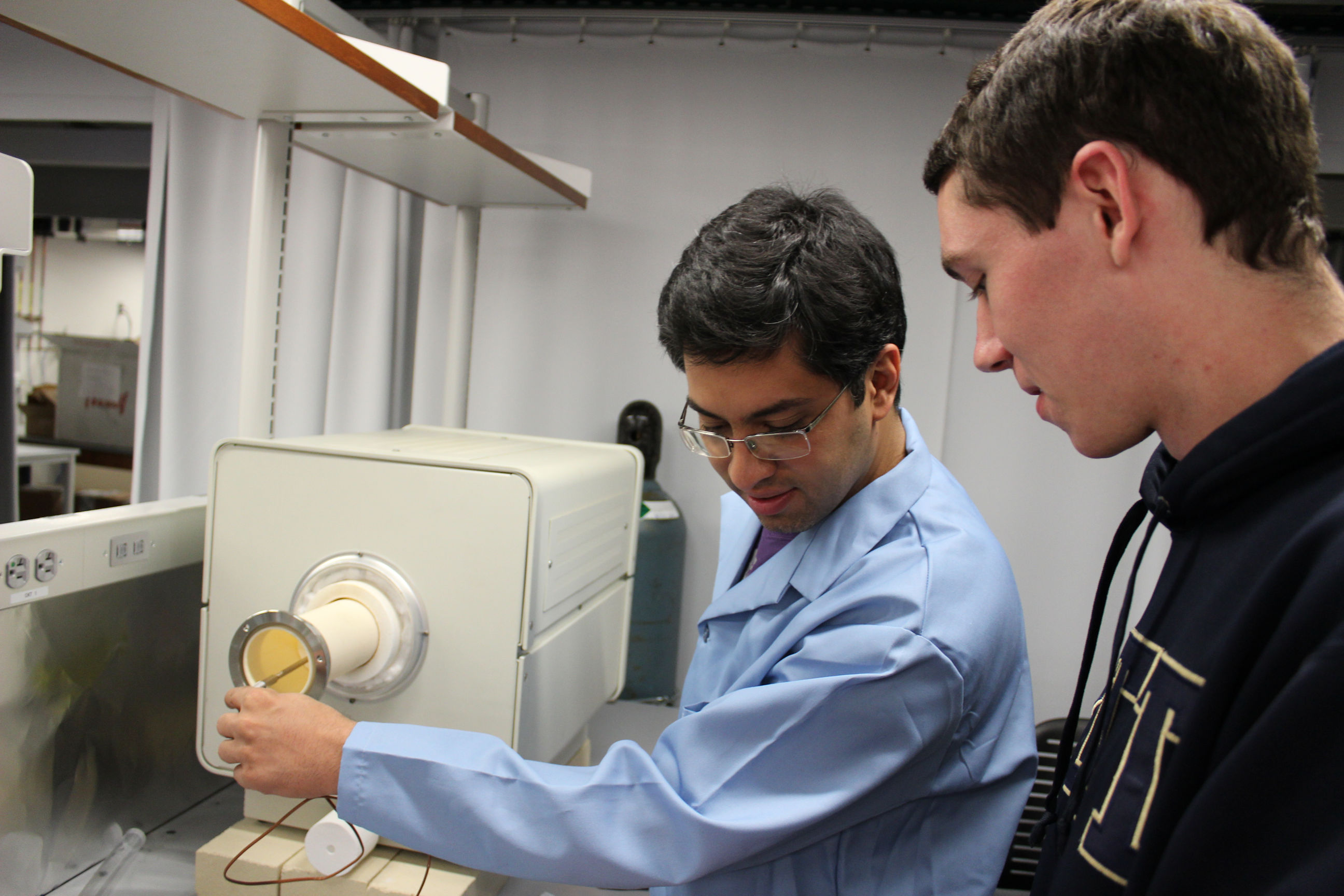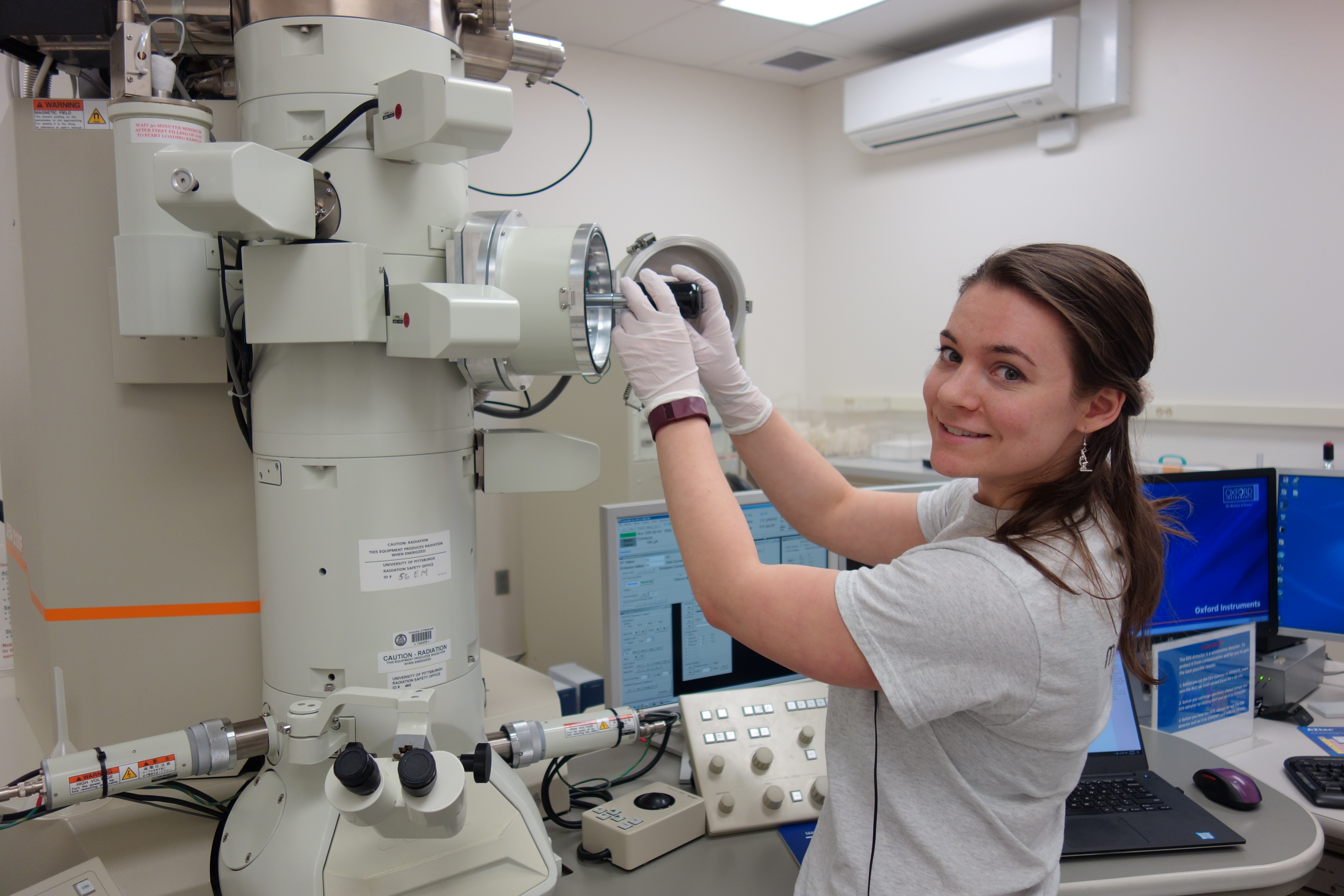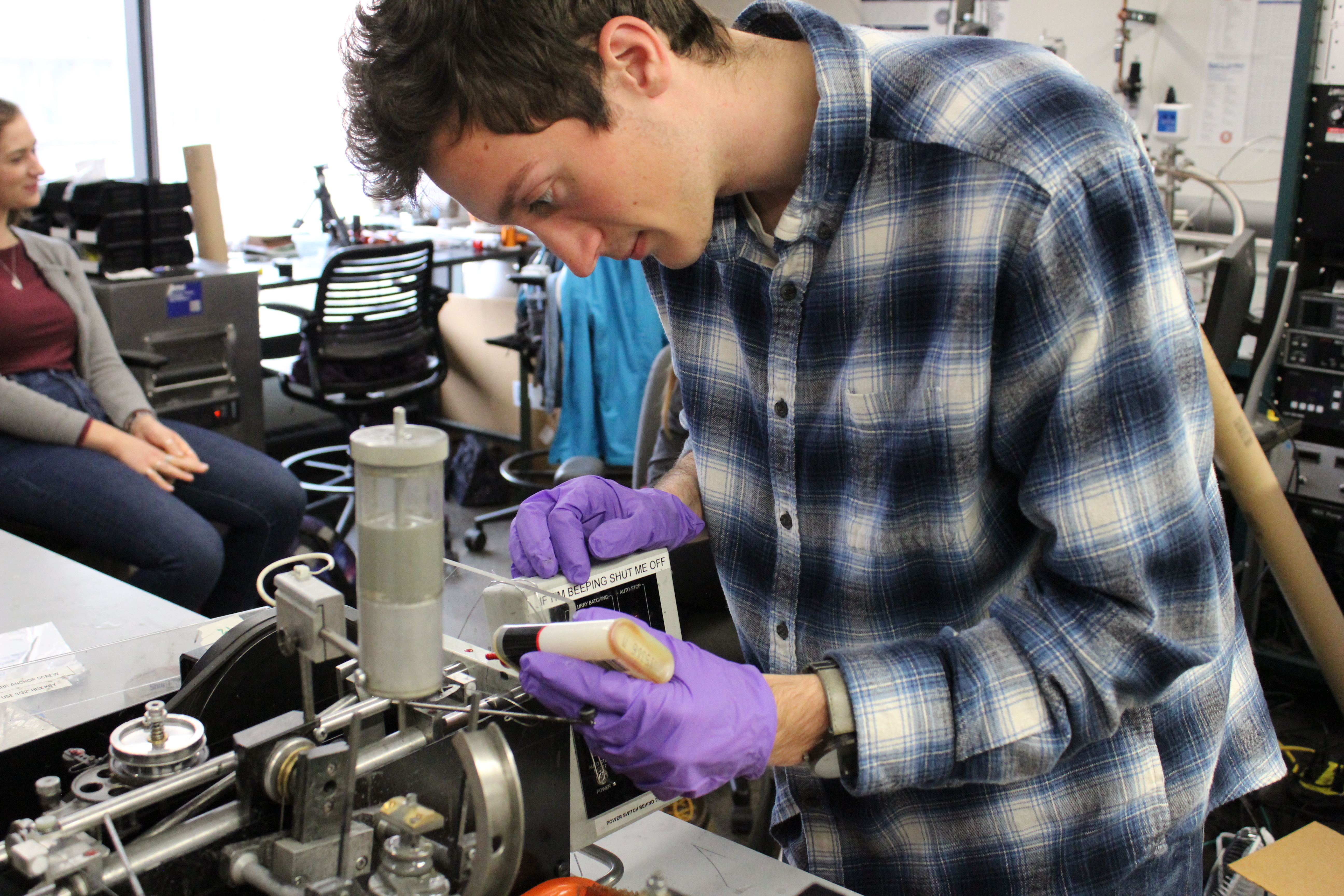




Our overall goal is to study the structure and properties of materials, and connect them to processing and properties.

Additive Manufacturing & Processing
Additive manufacturing (also known as 3D printing) is transforming the manufacturing landscape with Pittsburgh as one world center. Additive manufacturing has the ability to produce very high complex shapes in near net shape with a reduced amount of processing and materials needs, but is also challenging current structural design processes and the understanding of microstructure and properties caused by complex thermal histories or the inclusion of impurities.
We are working on relating the manufacturing and processing parameters especially for binder jet printing as well as feedstock powder properties with the microstructure, porosity, segregation and mechanical properties of AM samples made from currently available materials and for AM optimized alloys. In this group, we are focused on fundamental and applied research on binder jet printing and the post-print processing, especially microstructural evolution during sintering, solutionizing and aging and its affect on properties.
Functional Magnetic Materials
There are two different families of functional materials that we are working on: (1) Magnetic Shape-Memory Alloys that can deform up to 10% as solid metals in a magnetic field. (2) Magnetocaloric materials that change their temperature by several degrees when exposed to a magnetic field. While they have novel properties, they cannot be made with beneficial complex shapes or design porosity and composition gradient.
We are working on developing advanced manufacturing methods that will enable complex shapes, designed porosity and composition gradients as well as high magnetic anisotropy to further enhance their functionality. We also use our unique capabilities to understand the microstructural evolution during deposition and processing and how these AM specific microstructures affect functional properties.

High Purity Metal Thin Films
Metal thin films are essential to today’s and the future’s microelectronics as well as coatings industry. Yet, smaller and smaller feature sizes and film thicknesses make thin films very prone to mechanical and electrical failure cased by impurities, defects and stresses.
We are working on fundamental aspects of thin metal films with a focus on understanding how impurities that were introduced during and after thin film deposition in a magnetron sputter system influence the as-deposited and processed microstructure and properties based on the deposition and processing parameters. Furthermore, we are investigating the stresses induced during deposition and during thermal cycling. Thin films of interest are of a single element (metal) or functional magnetic materials.
Contact Us
636 Benedum Hall, 3700 O’Hara St.
Pittsburgh, PA, 15261, USA
Email: chmielus@pitt.edu
Pitt webpage: https://www.engineering.pitt.edu/Markus_Chmielus/
